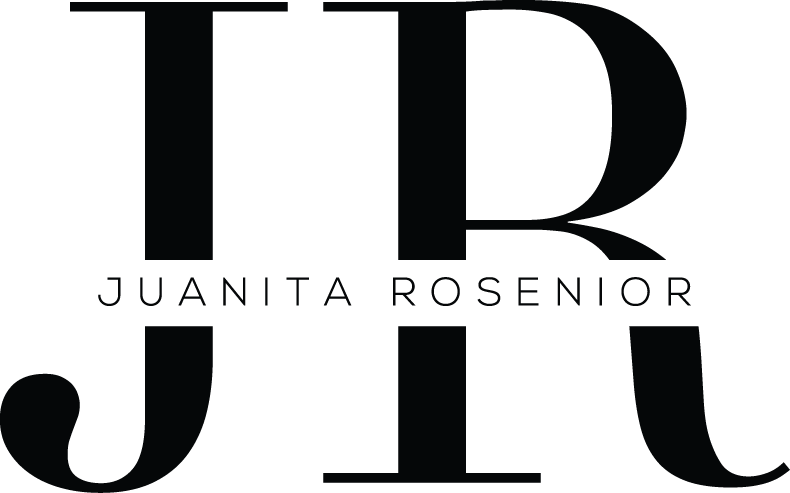
"Wear many hats but design all of them"
Today (September 15) is World Afro Day. Created by Michelle De Leon seven years ago, I always look at the day fondly as the first publicist to promote the event, taking it global. Though the topic of hair sounds innocuous, it continues to be a bone of contention in schools and the workplace with some decision-makers in those spaces challenging whether our curls are “appropriate”.

Ignored by the mainstream for years, it was difficult to get chemical-free products for Afro hair, something that changed as more women began to embrace the natural hair movement and ditch relaxers. Independent brands like Shea Moisture and Carol’s Daughter would begin to dominate the natural hair space and would ultimately be bought by Unilever and L’Oreal respectively.
Like Unilever and L’Oreal, brands like Pantene and Dove realised they were leaving money on the table and addressed the gap by creating capsule collections aimed at Black women and partnering with organisations advocating for natural hair.
This is because they realised that Black women spend significant amounts of money on their hair – six times more than their white counterparts every year according to this Stylist article
Interestingly, the business of Black hair made the news this week after a Black woman was assaulted in a Peckham retail store earlier this week. The now-viral clip, which made television news, shows a woman being accosted by the shop owner who at one point put both hands around her neck. Allegedly, the altercation started over the request for a refund, which was denied due to the shop’s no refund policy.
In protest, Black Londoners took to the streets to peacefully protest the manhandling of the woman. The police have since been involved, and the case is under investigation.
Despite the triggering footage, this incident galvanised the community to not only come together but to amplify Black-owned businesses and ensure some of the £88bn annual spend (as referenced in the Stylist article earlier) heads back into our own economic ecosystem. Where the challenge lies is that prices can be higher in those shops, reducing their affordability.
Factors such as importing costs, higher operating costs for Black businesses due to lack of access to finance, challenges in getting access to credit can all influence the price point stopping Black businesses’ ability to be as competitive as their Asian counterparts. As the video below demonstrates, it causes contention in the way Black consumers engage with Black-owned hair retailers. As they say, there’s much truth in jest.
Often, people ask why a day like World Afro Day is even important. After all, hair is hair, right? It should be. However, Afro hair has been politicised and utilised as a vehicle to prevent people from progressing. Sch
Children are being placed in isolation or suspended for not having ‘appropriate’ hair for school (Like the case of Chikayzea Flanders) or natural curls being considered ‘unkempt’ for the workplace. Initiatives like World Afro Day were created to educate everyone about our hair and build self-esteem and confidence in our children, some of whom have been told that their hair is unattractive. This is a byproduct of a lack of representation in the mass media and the narrative that lengthy, free-flowing hair is the epitome of beauty. But it’s not just Afro hair that is publicly debated.

Dove Thailand and Edelman recently won a Cannes Lion Advertising Award for a campaign called #LetHerGrow. As described on Endleman’s website “A longstanding tradition in Thailand’s school system was having a significant impact on students’ confidence. To raise awareness and advocate for change, Dove’s #LetHerGrow integrated campaign focused on creating a future where Thai students can grow into the greatest version of themselves.”
For clarity, the tradition was for girls to have their hair cut into a bob as a punishment for bad behaviour, an approach Dove and Endleman say divided the country. The research found that this choice inflicted emotional damage on the young girls for years afterwards.
The campaign saw bob-shaped QR codes placed strategically in the county to raise awareness and press and social media coverage captured the imagination of the country. Their work went on to change legislation in January 2023 with the Minister for Education officially discontinuing the practice. This victory was preceded by the Afro hair movement where several US states put legislation in place to prevent hair discrimination in the workplace, the first being California in 2019.
In the last 10 years, there have been changes to the Afro-hair landscape. With legacy hair products now being joined by more modern contemporaries headed up by celebrities like Tracy Ellis Ross and Taraji P. Henson, the world is more comfortable speaking up for and about Black hair.
Though you could assume that our hair does nothing but act as a fashion statement, movements like World Afro Day have proven that talking about hair and its impacts can be the thoroughfare for opening conversations and improving the way women and girls are treated in the world.
Pingback: THE WEEK UNBOXED: DISCOVERY EDITION -